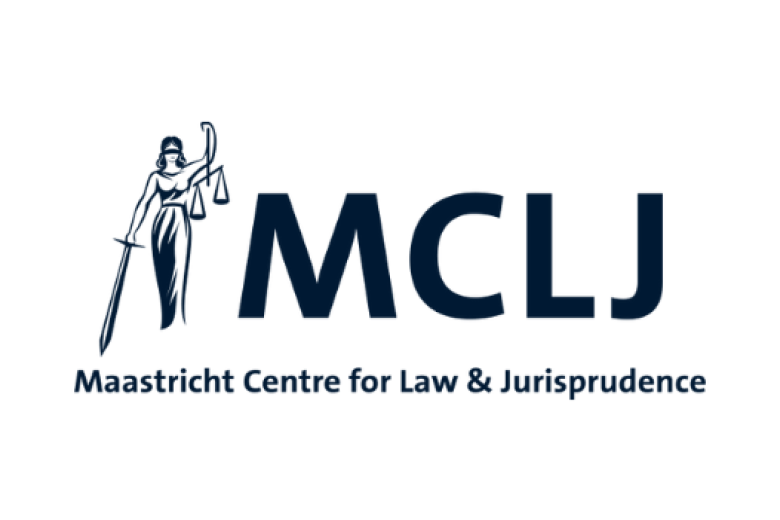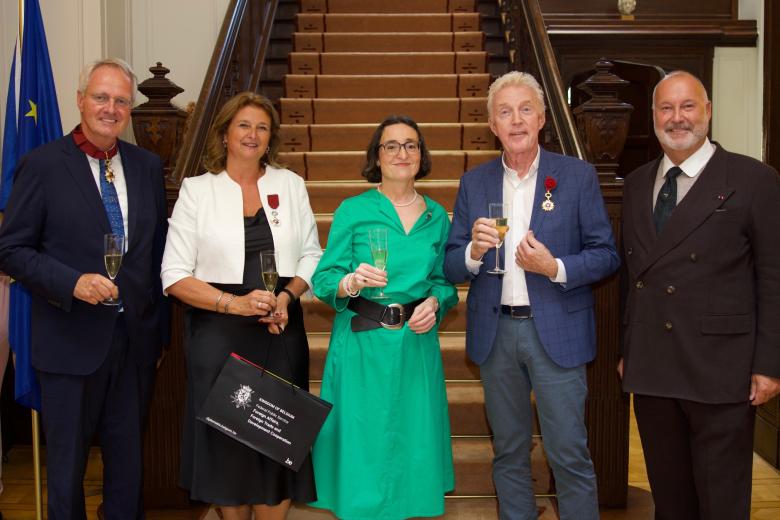Facilitating falsification in legal decision-making: problems in practice and potential solutions
It is believed that tunnel vision is an important factor in miscarriages of justice. Tunnel vision can be described as an excessive focus on information or evidence that confirms your theory, while paying less attention to evidence that contradicts it. Furthermore, it also increases the tendency to interpret information in such a way that it confirms your theory.
This thesis researched the role of falsification in legal decision-making. Namely, how judges consider exonerating evidence and alternative scenarios. This was researched in practice through a survey, interviews, and a case study. The researcher also conducted experimental studies to determine whether the use of falsification can be increased through changing the order of evidence presentation, changing the instruction to explain the decision, or training to focus on falsification. The findings suggested that judges understand the need for falsification, but struggle to apply it in practice. Based on the experimental data, it appeared law students have more of a focus on alternative scenarios than suggested by research with members of the general public.
Click here for the full dissertation.
Click here for the live stream.
Also read
-
Symposium VWR-VSR: Vulnerability and the Law – Multidisciplinary Perspectives
On 14 November 2025, the symposium "Vulnerability and the Law: Multidisciplinary Perspectives" will take place in Maastricht.

-
Professor Anouk Bollen-Vandenboorn appointed Knight in the Order of the Crown
Prof. Dr Anouk Bollen-Vandenboorn, Director of the Institute for Transnational and Euregional cross border cooperation and Mobility (ITEM) at the Faculty of Law, Maastricht University, was appointed Knight in the Order of the Crown on 3 July, during a formal ceremony at the Belgian Embassy in The...

-
IGIR seminar series
The IGIR seminar series will be launched after the Summer break. Our aim is to offer a nice and friendly environment for staff members and visiting researchers to present their ongoing research.
